| The divisiveness we see around us begins in the binary mind: self and other, me and you, us and them. In each moment, we like and don’t like, pick and choose, evaluate and judge. How can we untangle this tangle? This talk will explore how practice helps liberate us from our views and opinions, and allows us to cultivate greater inner and outer peace. |
With Pamela Weiss recorded on May 22, 2022.
Found our teachings useful? Help us continue our work and support your teachers with a donation. Here’s how.
Discover more from the Dharma Library
-

Daily Meditation Recordings, with Nathan Glyde – Week of June 28, 2021
This week’s theme is: The Unbound Heart
Teachings of liberation expand our range of possibilities. They encourage us to discover a broader capacity of what we can contact, sense, and do. The teachings of the pāramīs are a key part of this journey. They act like a map and compass for the heart’s wish to be free of habitual limitations, to be a heart unbound. This week we’ll take a deeper dive into the illimitable qualities of the heart.
-

Dzogchen Meditation: Spacious Ease Cultivating Stillness, Thought Activity and Awareness
Recorded :
January 14, 2024 Dzogchen (Sanskrit: Ati Yoga) is the most simple, direct, and profound Vajrayana Buddhist path to reveal the sky-like nature of our own mind which is clear, vast, and unobstructed by the clouds of afflictive emotions. Join Lama Justin for an introduction to Dzogchen meditation in which we will explore how to feel into the mind’s…
-

The spectrum of awareness practices
Recorded :
April 15, 2018 This session explores different ways in which attention works and associated meditation practices: from focused awareness, to flexible awareness, to natural awareness. We do a number of fun experiential practices in hopes of understanding a variety of ways to meditate and how we can refine our own practice.
-

Meditating and speaking: simultaneously practicing Sila, Samadhi and Panna
Recorded :
February 11, 2018 The communicative loop of listening and speaking forms a powerful karmic workshop. Language taps into our karmic archive, sankhara. It reaches other people and, if they are listening, there is mind-to-mind contact. Relational contact is intrinsically powerful because humans are intrinsically relational: when we engage together, our mutual responsiveness amplifies our efforts. Speaking and listening…
-

Truth and surrender.
Recorded :
February 7, 2016 Worldwide Insight talk from Christelle Bonneau: “Truth and Surrender”. Guided meditation, Dharma talk and Q&A.
-

Daily Meditation Recordings, with Ulla Koenig – Week of June 17, 2024
This week’s theme is “Preparing the Heart and Mind”. In Buddhist practice we often hear we should let go. And often enough we would really like to let go of those thoughts, impulses, moods and contractions which keep us agitated and in unease. But letting go is rarely something we decide to do; and neither is holding on. In the upcoming week we will explore why the heart-mind holds on to something and how we can prepare, nourish and soothe it, so that letting go becomes a natural process, not a willful command.
-

Exploration of the four noble truths.
Recorded :
July 19, 2015 Worldwide Insight talk from Phillip Moffit: “Exploration of the Four Noble Truths”. Guided meditation, Dharma talk and Q&A.
-

Daily Meditation Recordings, with Martin Aylward – Week of September 7, 2020
We’re fortunate that Martin Aylward has generously offered to lead our daily meditation sessions for Europe and the UK this week. To find out more about Martin, and view his other recordings on the platform, click here.
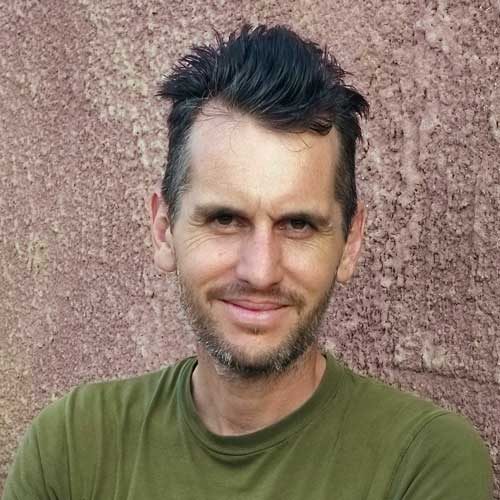

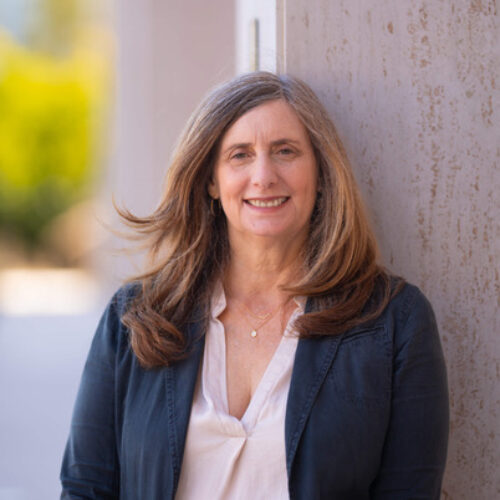
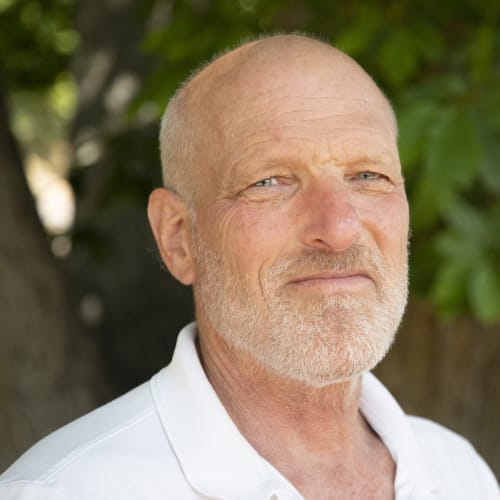
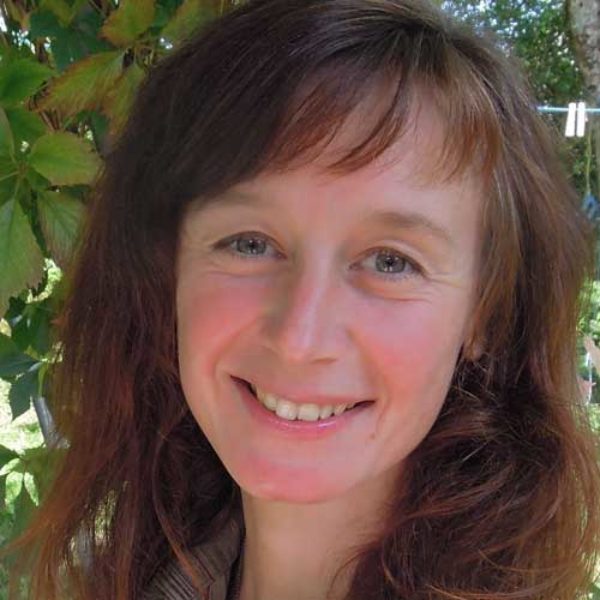
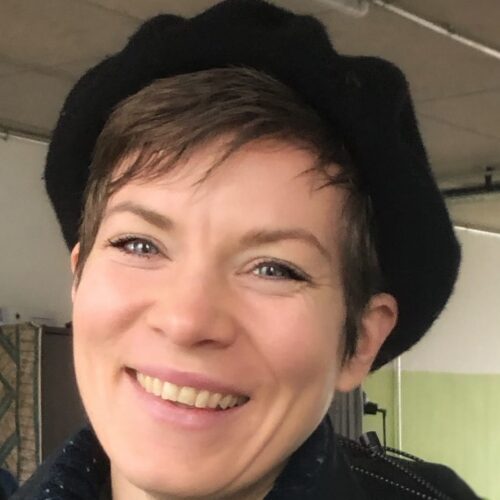
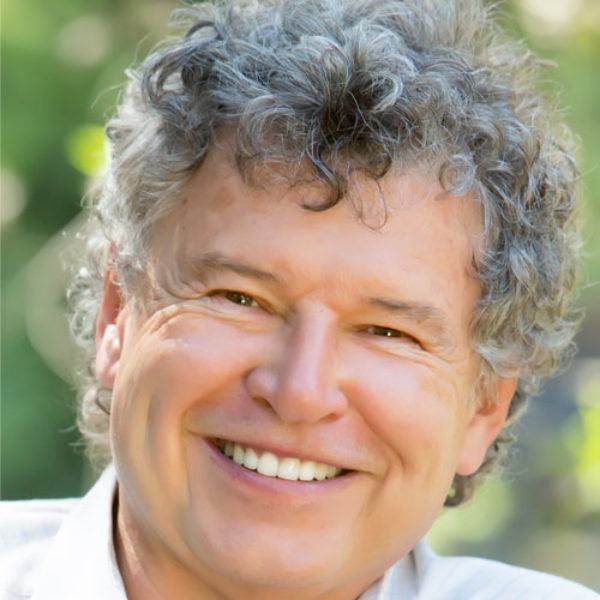

Discussion